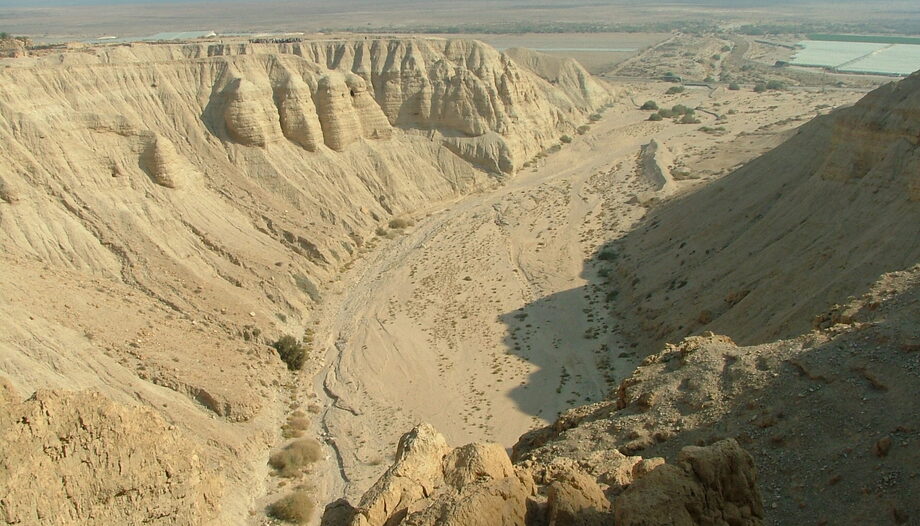With a session open to the public, it concluded at the Pontifical University of the Holy Cross the two-week English course "One Revelation and Two Traditions"which explored the Jewish and Christian interpretations of the Decalogue. The closing event featured two internationally renowned experts, Professor Adolfo Roitman and Professor Joseph Sievers, who offered a unique vision of the Decalogue and the Dead Sea Scrolls, proposing them as instruments of dialogue and reconciliation between Judaism and Christianity.
During the meeting, Roitman - since 1994 and until last June director of the Shrine of the Books of the Israel Museum and curator of the Dead Sea Scrolls collection - stressed that the Decalogue represents more than a set of rules: it is a true "covenant with God" and a symbol of unity between the two confessions. The Ten Words, he added, "not only invite Jews and Christians to live according to values that transcend religious differences, but also serve as a universal ethical foundation". In fact, this ethical code, shared between the Torah and the Christian Old Testament, bases both traditions on principles of justice, respect and integrity.
For his part, Sievers - professor emeritus of the Pontifical Biblical Institute - noted how the sacred text invites both confessions to live oriented towards the common good: "a moral guide that stands the test of time and that, despite the millennia that have passed, continues to speak to Jews and Christians as a model of community life, founded on mutual respect".
He went on to add that it is crucial for Christians to understand the Jewish context that gave rise to their faith, explaining that "if we take seriously the Incarnation of Christ, we must also take seriously the Jewish context in which he lived and preached."
A window into early Christianity
A central point of the reflection developed at the University of the Holy Cross was then the contribution that the Dead Sea Scrolls offer to the understanding of Christian roots. Roitman explained that "Qumran is an exceptional example of Jewish community, where the Scrolls reveal a unique concern for purity and a rigorous vision of the Scriptures. This brings us closer to the Jewish faith, but also gives us an insight into the life and spirituality of Jesus' time."
In addition to the emphasis on purity, a sense of belonging also emerges, reflected, for example, in the communion of goods. "The ideal of a community that lives as a family and shares everything," explained the professor emeritus of biblical studies, "is a concept we find both in Qumran and in the early Christian community." This makes the Dead Scrolls "a valuable resource for understanding the roots of Christianity."
The value of dialogue and joint study
The event held at the University of the Holy Cross at the initiative of the Faculty of Theology and the Isaac Abarbanel University Institute of Buenos Aires, the first Jewish university in Latin America, showed precisely how these documentary sources of the first centuries, although recently discovered, can open a "fifth dimension" to interpret the Scriptures and better understand both Judaism and early Christianity. Roitman himself was convinced that the joint study of these texts is a valuable way of reflecting on common spiritual and cultural values.
Moreover, dialogue is not only a cultural enrichment, "but also a tool for reconciliation and mutual respect," Sievers added. The experience of discovering and studying the Scrolls themselves "teaches us that there are always new perspectives to explore." After all, "knowing Judaism for its intrinsic value is a task that even Christians can find enriching."
The course at Holy Cross
The speakers who took turns during the two-week course came from different traditions and cultural backgrounds, from Italy to the Holy Land. Activities focused on comparative analyses of the sacred texts, highlighting similarities and differences in theological interpretations and the practical application of the commandments in daily and community life.
Participants were able to reflect on the common root of Revelation and the shared meaning of the fundamental ethical norms, while also opening up to discussions on the cultural contexts that influenced their respective interpretations. In an atmosphere of exchange and sharing, a visit was also organized to the Synagogue of Rome and the Jewish Museum and, on the Christian side, to the Vatican Library.








